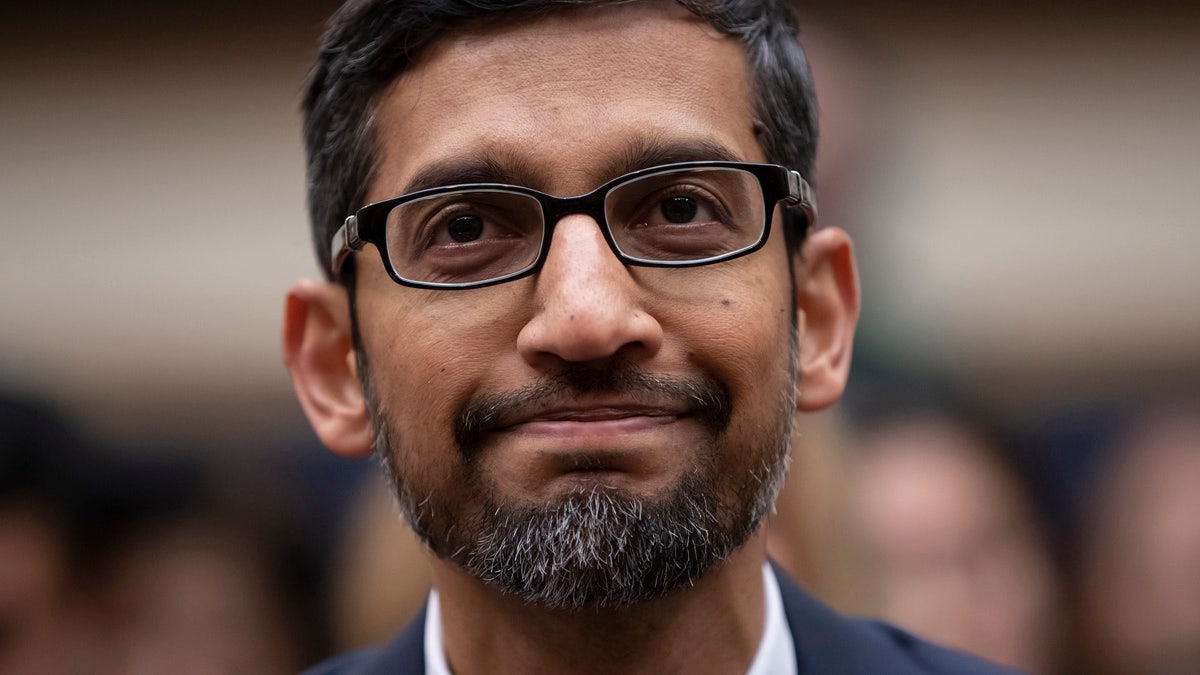Google set to end involvement in controversial Project Maven
Google will not seek another contract for Project Maven, a controversial military program that uses artificial intelligence to improve drone targeting.
A decorated Marine Corps infantry officer is pleading with Google to not turn its back on the Department of Defense months after the tech giant decided to end its involvement in Project Maven, a U.S. military artificial intelligence program.
In an op-ed for Defense News, First Lt. Walker D. Mills writes that he attended a symposium on innovation sponsored by the Marine Corps Warfighting Laboratory last summer, but was disappointed that a representative from Google did not attend the event, which did feature leaders from Amazon and IBM.
Mills also calls out Google's proposal for a censored Chinese search engine, code-named Dragonfly: "The company that Americans and people all over the world associate with innovation and information technology had spurned the U.S. military, yet continues to work with one of our chief competitors."
FACEBOOK SLAMS REPORT FROM ZUCKERBERG'S OLD HARVARD CLASSMATE CLAIMING HALF ITS USERS ARE FAKE
Although Google said Project Dragonfly has been "effectively ended," the company is still being slammed by human rights groups and critics for considering a censored Chinese search engine. Mills wrote that he appreciates the letter Google employees sent to CEO Sundar Pichai demanding an end to Project Maven, but says it's "impossible" for tech companies to stay above the fray in a complicated, interconnected world.
Despite Google's decision to step away from Project Maven, Pichai emphasized at a business conference in November that the Mountain View, Calif. company continues to partner with the Pentagon on a range of projects.
"We partner with the military — and deeply. Today we are bidding for, and we work with the military and the government on many things. We have projects underway, and cybersecurity, transportation security, planning, etc. And we are committed to doing that. We cherish our values. We know we enjoy those values because our military protects us," Pichai said during the conference.
The tech executive, who testified before the U.S. House of Representatives in December, said it's a "bit of a misunderstanding" to say his company does not or will not work with America's military.
CHINESE WEB TYCOON SAYS US BEING 'EXTREMELY UNFAIR' TO HUAWEI
"If your mission is truly to “make the world’s information universally accessible,” then you must support those who protect the free exchange of ideas," Mills wrote in Defense News.
Mills wrote that U.S. service members are "the kids you know from college who wore uniforms to class on Wednesdays because we were there on ROTC scholarship, the Boy Scouts who put the flags in the cemetery in November."

Google CEO Sundar Pichai before the House Judiciary Committee on Capitol Hill, Washington, on Dec. 11, 2018. (AP)
Mills continued: "We, too, want to live in a world where the truth triumphs and the world’s information is freely accessible. We just fight for that world in a more literal sense. .. I know we are not a perfect partner, but please work with us. I don't ever want to have to explain to my Marines why our technological edge has eroded. Or that their lives are at greater risk defending our shared values because we have been abandoned by our tech sector."
Regarding Google's decision to step away from Project Maven, Pichai said: "I think as we are developing AI, we want to be thoughtful about how we develop AI. And amongst the AI research community, there are concerns — narrow concerns — around the use of AI and weaponry. And so, we have drawn some lines there."
Last fall, Amazon CEO Jeff Bezos said that his company will continue to work with the Pentagon and that the United States would be in "big trouble" if technology companies turn away from the country.





















